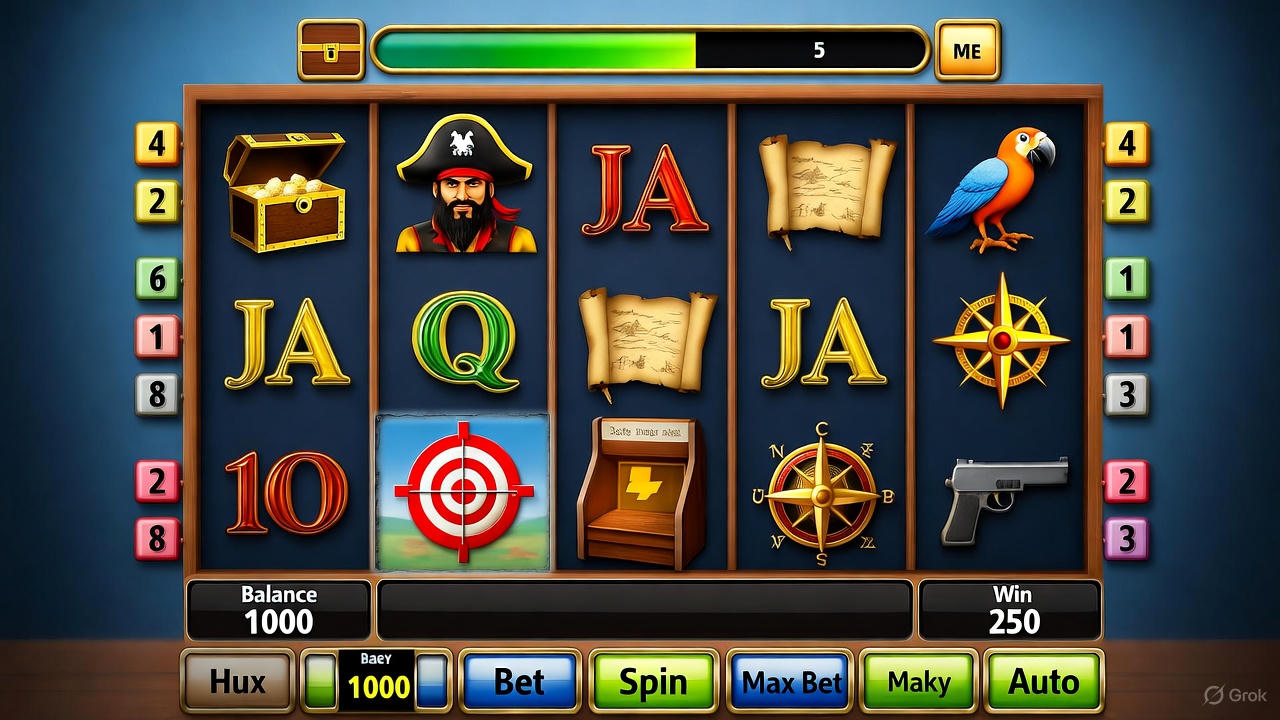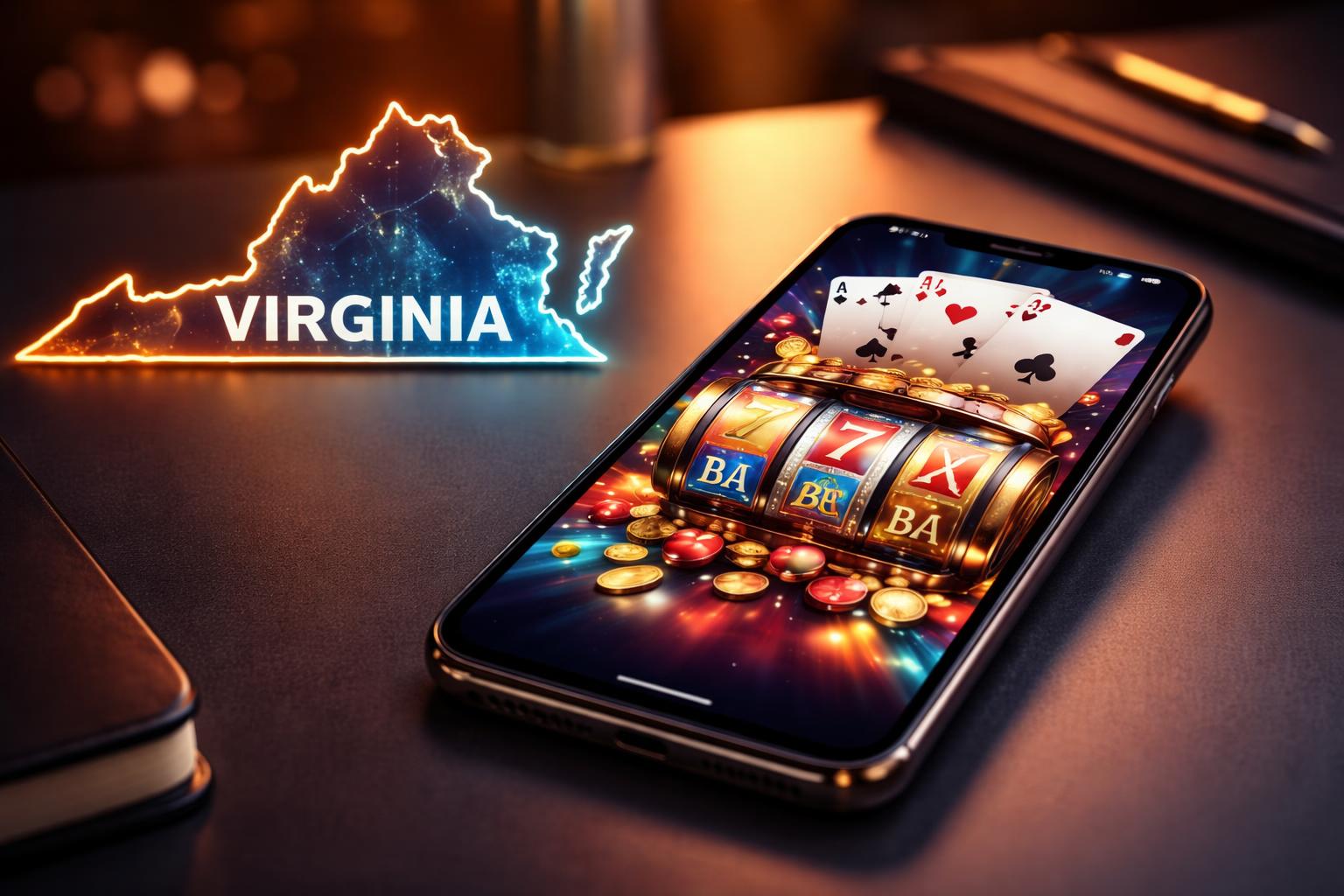
What do you do when you have a cash cow that is easy to build, scales quickly with insignificant added cost, has low maintenance, and the customers love it? Do you leave it as it is? Or do you find a way to make it even more immersive for your customers?
Well, this was not a difficult question to consider for casino operators when it comes to the infinite casino moneymaker—slot games—which account for around 70% of their total revenue. That’s why online platforms offering casino games are always on the lookout for ways to make their products more engaging and immersive for players. They are quick to adopt innovative technologies and new gameplay mechanics to stay ahead of the competition.
These changes have not disappointed either, as they are on the cutting edge of technological innovation and have been changing the way we play. Here are some of the new online slot features currently being implemented:
Gamifying Slots
| Element | Description | Player Benefit |
|---|---|---|
| Mini games within games | Treasure hunts, arcade-style shootouts | Adds variety and excitement |
| Skill-based rounds | Choose pathways, aim at targets, solve puzzles | Rewards decision-making and speed |
| Progression & rewards | Levels, badges, progress bars, loyalty tokens | Creates a sense of mission and achievement |
Slot games were purely luck-based. No skill was required, as no skill could serve. All you had to do was spin the wheel, pull the lever, and then make do with whatever was your lot. Today, however, slot game developers are finding ways to reward players for their skills, such as decision-making and speed, thereby making the niche of games more attractive to the present generation of gamers, for whom video skill-based games are native. Here are some of the gamification elements in new slot games:
- Mini games within games, like treasure hunts and arcade-style shootouts.
- Skill-based mechanics rounds that engage the decision-making abilities of players. These include requiring them to choose pathways, aim at targets, or solve quick puzzles.
- Progression mechanics and reward systems to give players the sense of a mission, beyond just the cash winnings. These can include achievement systems, levels, progress bars, unlocking new features, badges, as well as points, loyalty tokens and performance bonuses.
The aim of integrating gamification is to make the game more immersive by introducing a variety of challenges separate from the monotony of spins and levers, and they are resulting in longer playing times.
Slots Integrating Social Sharing Multiplayer Features
Slots have traditionally been a lone-player game. You log on to the platform, play, win or lose, and log off. It was that simple, and it was fun within the dynamics of older technology. Today, however, with streaming, interactions becoming native to gaming, and leaderboards now a mainstay in almost every other type of online game, slot developers have also started to build these same dynamics into slot games. Here’s how they look:
- Slot games have begun to integrate competitions and tournaments where players compete for prizes (cash) within the game for a set period of time. This has raised the stakes of slot gameplay, as winners not only win the money they wagered, but also bragging rights. It’s also more fun!
- Players are also now able to chat in-game with a list of friends or family.
These social features are designed to make games interactive, to elevate slot games to become real pastimes for players. This is all to make players spend more time on the platforms, of course.
Cryptocurrency and Blockchain Integrations
Slot games are increasingly integrating blockchain into their systems. If you’re not an online gambling noob, you know by now that you can make deposits and withdrawals on your account with cryptocurrency coins. This has been a trend for some years now, and has led to wider adoption of casinos, especially in restricted regions. However, there is another type of blockchain integration that is popping up, and could soon dominate the market: It is slot games that run on the Provably Fair technology.
Provably Fair Technology is a blockchain native type of trust system that allows the play to self-verify that the game is truly random. This is a better system than the currently popular Random Numbers Generation (RNG) system, which, while it is designed to also be fair, does not provide the avenue for players to verify the fairness of the game by themselves, rather having to depend on third-party auditors who review the operator’s system periodically.
RNG vs. Provably Fair: A Comparison
| Feature | Traditional RNG | Provably Fair (Blockchain) |
|---|---|---|
| Randomness source | Server-side algorithm | Cryptographic hash chains |
| Verification | Third-party audits only | Player can verify every spin independently |
| Transparency | Limited (trust in operator) | Full (open-source proof) |
| Trust model | Centralized | Decentralized |
| Adoption trend | Established standard | Rapidly growing in crypto casinos |
Crypto-native casinos are on the rise, and with them will also come the proliferation of Provably Fair Technology, and you can expect that, eventually, it will win over RNG for players simply for the greater transparency and assurance it provides.
Slots on Mobile
As technology advances, everything tends toward the most convenient, and in this case, that is mobile devices. Slots have come a long way from the boxy slot machines to PC slots, and now we’re having slot games on mobile devices, like phones and tablets.
This has also been massively helped by the fact that these mobile devices possess so much more computing power than older computers, allowing them to support the social features being integrated, and add to the fact that the interface is through a touch screen, which makes it possible to imitate the real thing, and you can have an immersive slot gaming experience on mobile.







